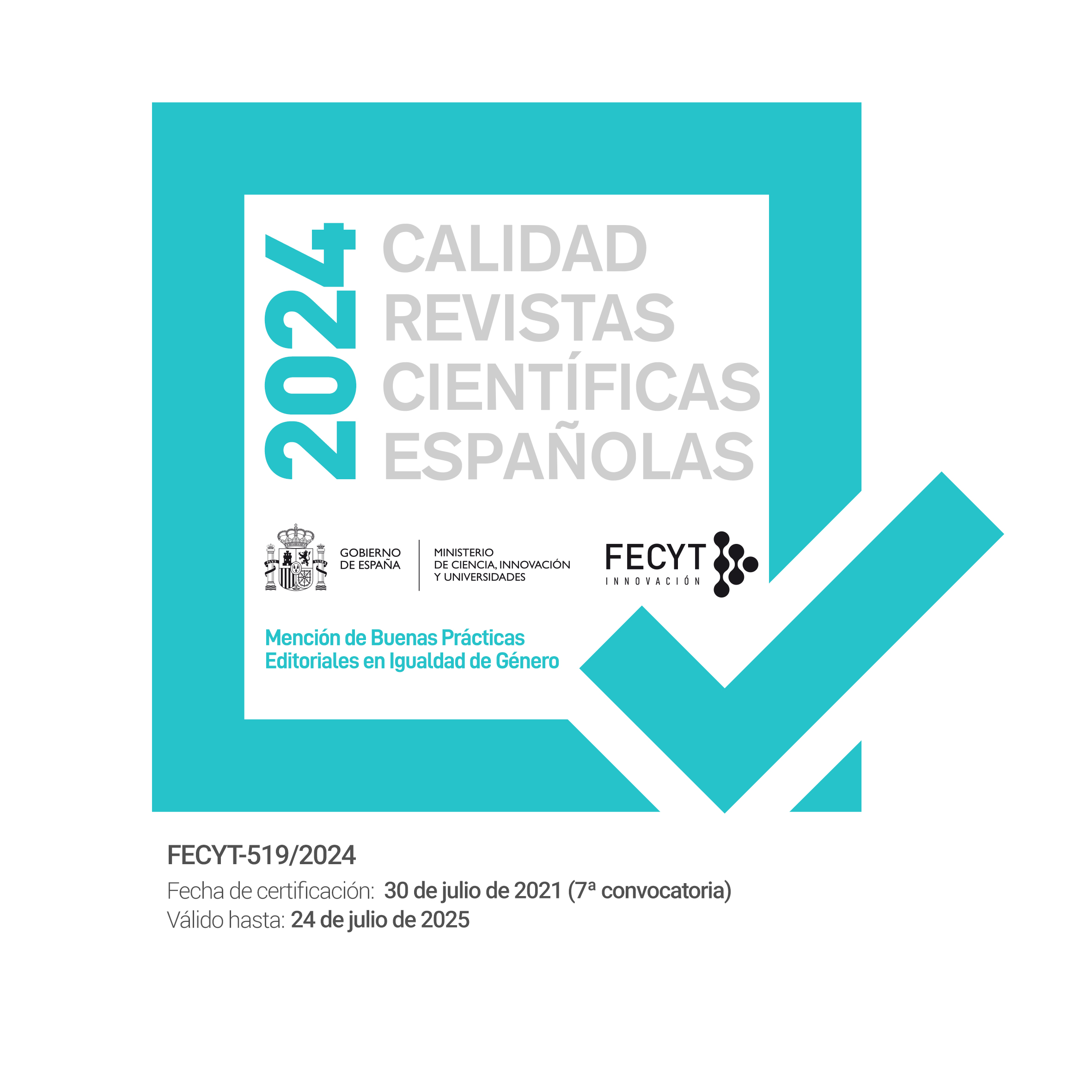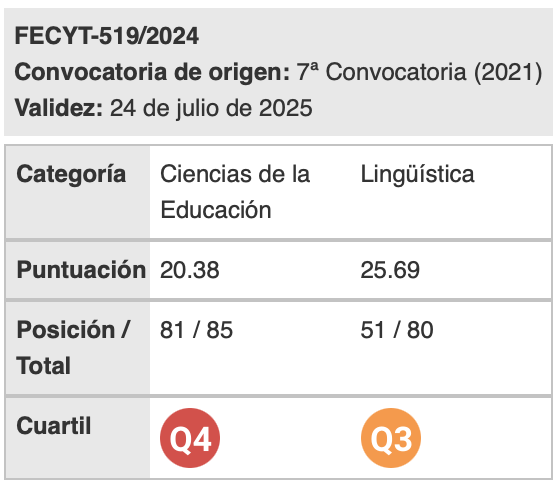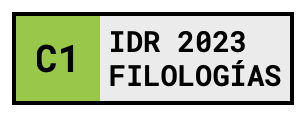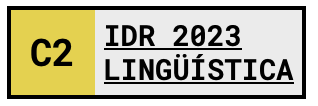The translation of actually as an expression of evidentiality: a corpus-based analysis
Resumen
Evidential markers in the form of adverbs are one of the most important and useful tools languages possess to modify the meaning of propositions adding authorial stance at word or sentence level. The expression of evidentiality, described as an indicator of to know what we know, i.e. the indication of how the speaker has obtained the information or acquired knowledge, varies considerably from one language to another by virtue of the cultural background in which a text is produced. At this point, the translation of evidentiality is of particular relevance in order to compare how other languages express the speaker´s implication or impartiality in the proposition.
This study is based on the translation of “actually” as an evidential adverb to express authorial stance through a corpus-based translation analysis. To this end, I have analysed the multilingual UNESCO Corpus, a subcorpus within the Linguistic Corpus of the University of Vigo (CLUVI), to examine the entries offered for actuallyin its collection of scientific-technical texts and determine which translation strategy has been regarded as an equivalent in the target texts. After the analysis of the corpus, I conclude that it is not possible to stablish an equivalence neither in the translation of the evidentials nor in the use of translation strategies, what means that every language has its own way and method to either lexically or grammatically highlight the source of the information available for the speaker.
Descargas
Descargas
Publicado
Cómo citar
Número
Sección
Licencia
Aquellos autores/as que tengan publicaciones con esta revista, aceptan los términos siguientes:
- Los autores/as conservarán sus derechos de autor y garantizarán a la revista el derecho de primera publicación de su obra, el cuál estará simultáneamente sujeto a la Licencia de reconocimiento de Creative Commons que permite a terceros compartir la obra siempre que se indique su autor y su primera publicación esta revista.
- Los autores/as podrán adoptar otros acuerdos de licencia no exclusiva de distribución de la versión de la obra publicada (p. ej.: depositarla en un archivo telemático institucional o publicarla en un volumen monográfico) siempre que se indique la publicación inicial en esta revista.
- Se permite y recomienda a los autores/as difundir su obra a través de Internet (p. ej.: en archivos telemáticos institucionales o en su página web) antes y durante el proceso de envío, lo cual puede producir intercambios interesantes y aumentar las citas de la obra publicada. (Véase El efecto del acceso abierto).

Revista de Lenguas para fines específicos is licensed under a Creative Commons Reconocimiento-NoComercial-SinObraDerivada 4.0 Internacional License.























